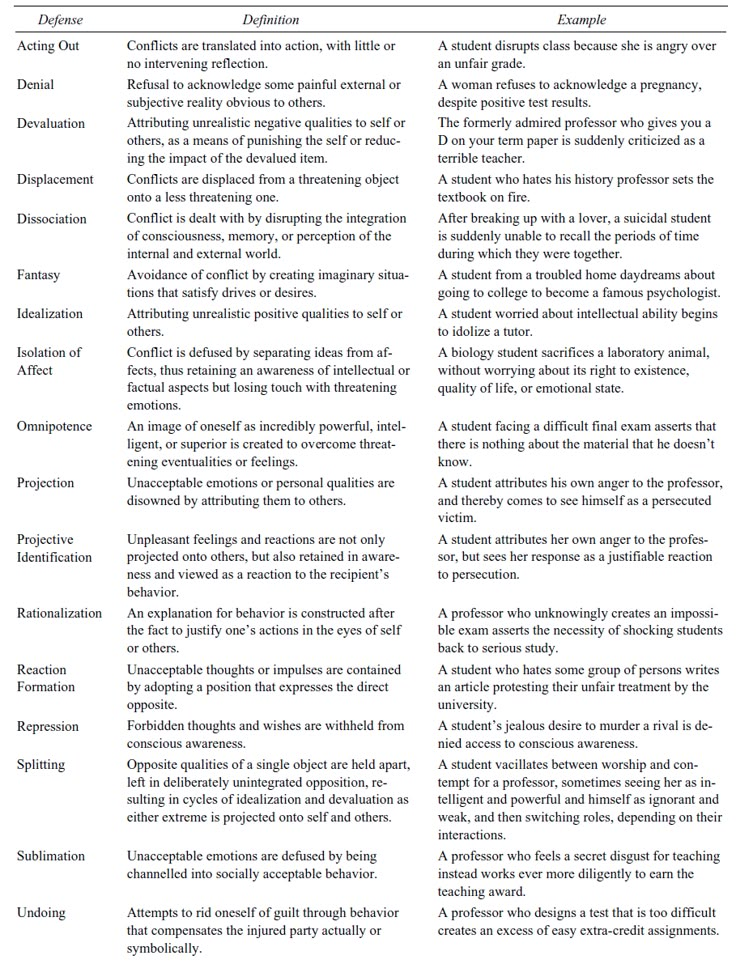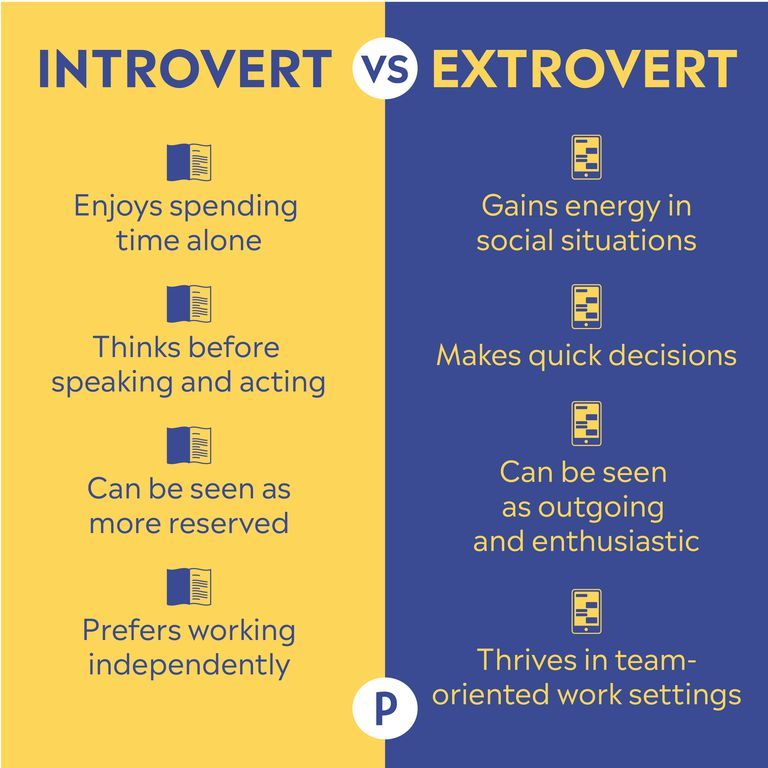Conservatorship mentally ill
What to Know About Conservatorships and Mental Illness
Source: David Veksler/Unsplash
Conversations about court-ordered conservatorships/ guardianships (the correct term depends on the state in which the proceeding is brought) have recently made their way into mainstream news. The New York Times-produced documentary about Britney Spears, along with the ongoing hearings about her own conservatorship, amplified voices behind the #FreeBritney movement, which seeks greater autonomy on behalf of the pop star. Then Republican lawmakers jumped into the conversation, requesting Congress to hold hearings on conservatorships out of concern that they “deprive individuals of personal freedoms at the behest of others through the manipulation of the courts.”
Few voices in these debates have demonstrated a full understanding of the criteria, purpose, and benefits of conservatorships/guardianships for those who suffer from serious mental illness or related mental health issues. As an attorney who concentrates on guiding families through the complex landscape of legal issues that impact loved ones with serious mental health issues, I thought it important to weigh in.
Why We Have Conservatorships
Historically, conservatorships/guardianships were designed to protect aging individuals with decreasing faculties from those set on taking advantage of them and securing their (often vast) resources. The statutes offer a means of assigning independent third parties the legal authority to make decisions on their behalf to best preserve their wellbeing and protect their financial interests.
Since then, the model has been adopted to offer similar protections for those who – due to a serious mental health condition – struggle to care for themselves and manage their financial affairs or use their own resources in their best interest. While statutes differ from state to date, they generally grant designated third parties the legal authority to perform such actions as, for example:
- Accessing confidential information, such as financial and health records
- Communicating with medical and mental health providers without the individual’s consent, though in their best interest
- Hiring services to benefit the individual, including cleaning services, case managers, etc.

- Encouraging compliance with medical and mental health treatment – for example, scheduling and accompanying individuals to their appointments
- Marshaling assets and protecting them against frivolous spending
- Paying bills
- Entering into contracts (i.e., signing a lease)
- Retaining counsel to defend against a civil proceeding, such as an eviction proceeding
Skeptics who view this authority as overly broad should understand that those petitioning for a conservatorship or guardianship must meet a high legal burden of proof demonstrating to a judge a person’s “incapacity,” meaning they cannot adequately understand and appreciate the nature and consequences of their own inabilities and are likely to suffer harm because of them. Even after this burden of proof is met, those assuming the role of conservator/guardian are subject to strict, ongoing court supervision, which provides oversight over key decisions (i.e., where an individual is living) and approval of fees for services.
Bigger picture, those critical of conservatorships/guardianships don’t often have a birds-eye view of the necessity of these laws and the crucial protections they offer. Many mental health conditions make individuals extremely vulnerable to injury, theft, and fraud, while preventing them from recognizing these vulnerabilities as well as other limitations. This can create a perfect storm that puts people in terrible personal jeopardy and financial distress. (For example, many people with bipolar disorder often engage in excessive spending during periods of mania, and can also find it challenging to stay employed.)
Conservatorships Are Not Always Forever
Conservatorships/guardianships don’t have to be permanent. Once in place, the legal burden shifts to the individual to demonstrate to a court that the conservatorship/guardianship is no longer necessary – that they can keep themself safe and manage their personal and financial affairs. This often serves as a motivator to help individuals become compliant with treatment, gain insight into their illness and stabilize, encouraging them to make the positive choices they need to stay healthy and independent.
As someone who regularly fields calls from family members who are frantic with worry about the safety of loved ones suffering from mental illness and related mental health challenges – including individuals who cycle in out of hospitals and jails, and often disappear altogether for weeks or months – I believe conservatorships/guardianships can be absolutely crucial. The regularity with which people with serious mental health conditions go off their medication, become symptomatic, and break with reality creates a clear need for the protections conservatorships/guardianships provide.
Those who care about the rights of individuals with serious mental health challenges could help by lobbying their representatives for more state and federal funding for crucial services like supportive housing and long-term treatment. These are programs that can go a long way toward helping individuals live full and independent lives, and support those who are able to petition and prevail in discontinuing their conservatorships/guardianships when their limitations or incapacities improve to the point of recovery and stability.
A Family Guide – BrightQuest Treatment Centers
February 27, 2019, Wendy Lee NentwigBrightQuest Treatment Centers
No one wants to take the decision-making ability away from a family member, but sometimes it’s necessary to step in when it means protecting your loved ones from hurting themselves or others. Mental Health Conservatorships are something most of us know very little about—but when you need one, you’re forced to take a crash course on the spot. Here’s what you need to know if you’ve been granted a conservatorship or are seeking one for your adult child or another family member who is in need of long-term mental health care.
Mental health disorders can make the most loving, bright individuals unable to care for themselves or make appropriate decisions about their everyday lives. Disorders like schizophrenia, schizoaffective disorders, and severe cases of bipolar disorder can result in a parent or other loved being granted a mental health conservatorship, but that’s just the beginning of the process.
What does your newfound status as a conservator mean? What does this role entail? And, most importantly, where do you go from here?
No doubt, you’ve tried multiple options to help your loved one before arriving at this point. Hospitalization. Doctors. Medications. Mental health treatment is a long road, and conservatorships and long-term care are never the first choices. But when mental health issues are so severe that individuals are unable to hold down a job or follow an educational path and have difficulty with basic daily living activities, they can be the best options.
What Is a Mental Health Conservatorship?
Before you can determine what’s best for your loved one, though, it’s important to understand conservatorships and just how they work.
“A mental health (LPS) conservatorship makes one adult (called the conservator) responsible for a mentally ill adult (called the conservatee),” according to the Superior Court of California. It’s important to note that these conservatorships are only for adults with mental illnesses listed in the Diagnostic and Statistical Manual of Mental Disorders (DSM).
The most common illnesses covered by a conservatorship include serious, biological brain disorders like:
- Schizophrenia
- Bipolar Disorder
- Schizoaffective Disorder
- Clinical Depression
- Obsessive-Compulsive Disorder
LPS conservatorships (named for the California legislators who wrote the LPS Act in the 1970s, Lanterman, Petris, and Short) are not for people with organic brain disorders, brain trauma, retardation, alcohol or drug addiction, or dementia, unless they also have one of the serious brain disorders listed in the DSM.
How Does a Conservatorship Work?
An LPS conservatorship gives legal authority to one adult to make certain decisions for a seriously mentally ill person who is unable to take care of him or herself. The Court may give an LPS conservator the duty not just to take care of and protect the seriously mentally ill person, but also grant them the power to handle the financial matters on behalf of the seriously mentally ill person.
Some actions a conservator can take on behalf of their mentally ill conservatee:
- Give consent to mental health treatment, even if the conservatee objects
- Legally agree to the use of psychotropic drugs
- Agree to place the mentally ill person in a locked facility, if deemed necessary or appropriate by a psychiatrist
- Determine where the mentally ill person will live when not in a residential facility
Of course, to make these decisions, a conservator needs to have enough medical and social information to understand what is best for their loved one. Making the decision to place a loved in a long-term residential program can be a tough decision, and while not all conservatees require a locked facility, conservatorships are often established because a person’s symptoms become so severe that they interfere with their self-care and safety.
Establishing a Conservatorship
The Superior Court of California will not let you establish an LPS conservatorship unless it finds beyond a reasonable doubt, that the mentally ill person is gravely disabled.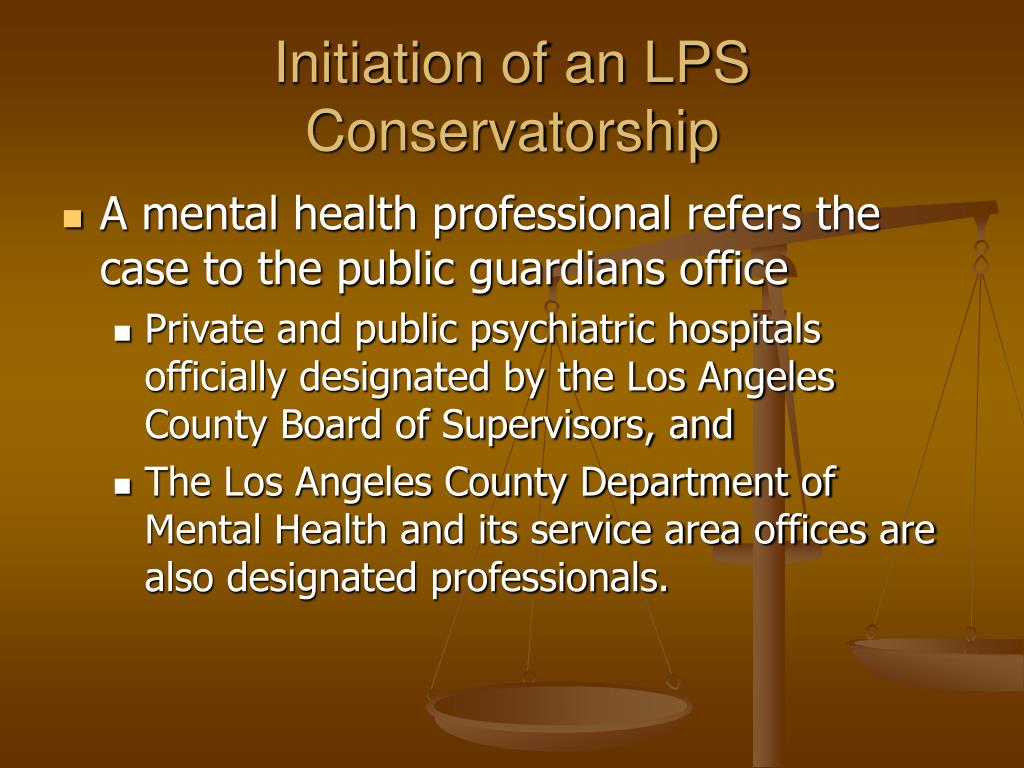 But how is that determined and just what constitutes “gravely disabled”? This isn’t a decision you can make. A psychiatrist authorized to do LPS evaluations makes that determination and issues a referral to the Office of the Public Guardian. Criteria for being found gravely disabled includes when, because of a mental disorder, a person cannot take care of his or her basic, personal needs for food, clothing, or shelter.
But how is that determined and just what constitutes “gravely disabled”? This isn’t a decision you can make. A psychiatrist authorized to do LPS evaluations makes that determination and issues a referral to the Office of the Public Guardian. Criteria for being found gravely disabled includes when, because of a mental disorder, a person cannot take care of his or her basic, personal needs for food, clothing, or shelter.
If the mentally ill person refuses to go to a psychiatrist, you can request help from county officials to get an involuntary evaluation. This can often be done through a county’s Mental Health Access Program. You can also look for public service mental health facilities online by searching for “County Government Offices, Mental Health.”
County officials act as a temporary conservator until the Court decides on your petition. This temporary conservatorship usually lasts for a period of 30 days. During this period, county mental health staff will continue to investigate the disability of your loved one.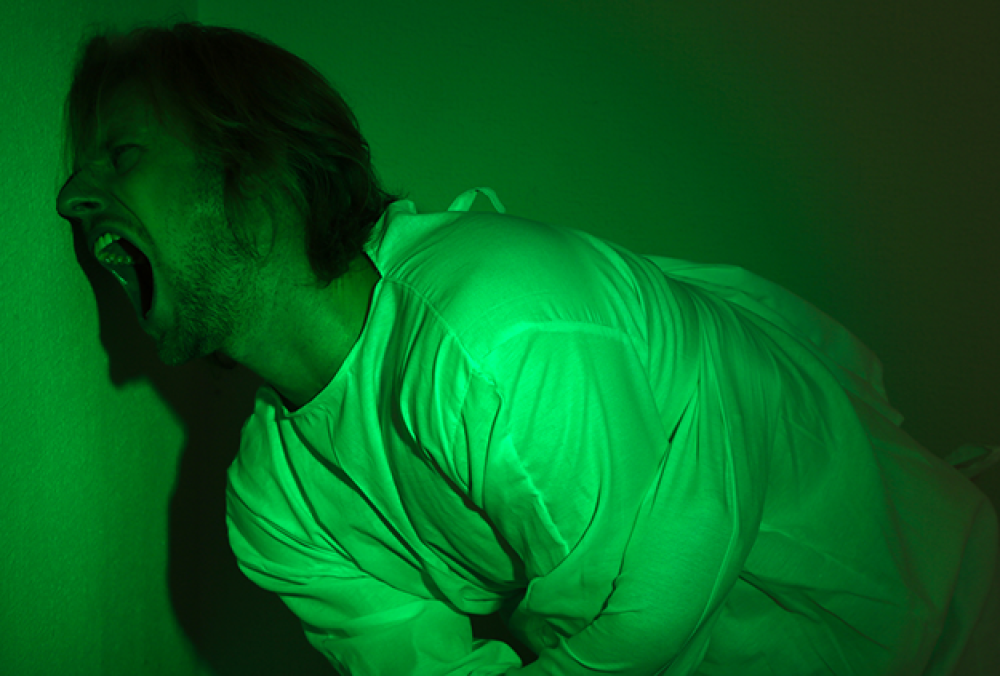 They will also protect and care for the mentally ill person and his or her finances. Before the 30 days end, a report will be filed with the Court declaring the mentally ill person is gravely disabled (if they have met the criteria) and naming the person they feel is best to become conservator.
They will also protect and care for the mentally ill person and his or her finances. Before the 30 days end, a report will be filed with the Court declaring the mentally ill person is gravely disabled (if they have met the criteria) and naming the person they feel is best to become conservator.
I’m a Conservator, Now What?
If the Court decides to establish a conservatorship, the judge will give an order appointing a conservator. Once the paperwork is signed and filed, the conservator has the authority to act. Now that it’s official, what should be your next steps? Make duplicates or ask for certified copies of the paperwork so you can prove what powers you legally have. Also, it’s important to know that conservatorships are often for a limited time. In California, they only last for one year, and it is your responsibility to keep track of the dates and to renew the conservatorship on time.
The Financial Side of Conservatorship
Your primary duty as conservator is to find the appropriate care and treatment for your ward, but there may be financial duties as well. Checking accounts, savings accounts, and certificates of deposit should be in your name as guardian or conservator, and all of your ward’s funds must be kept separate and apart from your own. Complete and accurate records must be kept of all money or other assets received and disbursed by you as guardian or conservator. In this case, a running list of receipts and expenses may be helpful because you will be required annually to file an accounting showing of all expenditures for the preceding year.
Checking accounts, savings accounts, and certificates of deposit should be in your name as guardian or conservator, and all of your ward’s funds must be kept separate and apart from your own. Complete and accurate records must be kept of all money or other assets received and disbursed by you as guardian or conservator. In this case, a running list of receipts and expenses may be helpful because you will be required annually to file an accounting showing of all expenditures for the preceding year.
Begin Your Recovery Journey Today.
619-466-0547When and How to Intervene
A mental health conservatorship is a big step and isn’t always necessary. If a friend or relative is acting strangely, you may be worried, but you may not be able to take legal action. If mentally ill individuals do not want to be treated, you can’t force treatment unless they are deemed a danger to themselves or others, or if they are proven unable to take care of themselves.
That doesn’t mean you’re out of options, though. If your friend or relative is mentally ill and a danger to him/herself or to others, you can:
- Try to convince them to go with you to an emergency psychiatric facility
- If there is an emergency, call 911 or your local police department (most officers are trained to handle mental illness, so explain the problem when you call)
If you’re concerned about a loved one and believe they may need residential care, we can help. BrightQuest offers long-term treatment for people struggling with complex mental health illnesses and co-occurring disorders. Contact us to learn more about our renowned program and how we can help you or your loved one start the journey toward recovery.
How to obtain guardianship or guardianship of an adult
Guardianship is established to protect the rights and interests of citizens recognized by the court as incompetent. People who, due to a mental disorder, cannot understand the meaning of their actions or control them, are recognized as incompetent.
People who, due to a mental disorder, cannot understand the meaning of their actions or control them, are recognized as incompetent.
Guardianship is established over people who have been limited by the court in their legal capacity. Citizens who, due to a mental disorder, can understand the meaning of their actions, but in order to manage them, need help. Citizens who, due to addiction to alcohol, drugs or gambling, put their family in a difficult financial situation are also considered to have limited legal capacity.
Depending on the reason for the establishment of guardianship, guardians and trustees are different Rights and obligations of a guardian their actions or direct them. Also, the guardian must protect the rights and interests of the ward in relations with any persons, including in courts, without special authority. The guardian is the representative of his ward and makes all necessary transactions on his behalf and in his interests.
The guardian has the right, in the interests of the ward, to dispose of the funds paid for the maintenance of the incapacitated, that is, alimony, payments, pensions, and so on. The guardian has the right to dispose of income from the management of the property of the ward or his other means only with the consent of the guardianship authorities.
The guardian has the right to dispose of income from the management of the property of the ward or his other means only with the consent of the guardianship authorities.
The guardian is not entitled to sell, exchange, lease or make any other transaction with the movable and immovable property of the ward, except in those cases when such transactions are agreed by the guardianship and guardianship authority.
If the grounds on which the person was declared legally incompetent cease to exist, the guardian is obliged to petition the court to recognize the ward as legally capable and remove guardianship from him.
Rights and obligations of the guardian (mental disorders)
The guardian is obliged to protect the interests of the ward, take care of his maintenance, provide him with care and treatment, must take care of restoring the ability of the ward to understand the meaning of his actions or manage them. Also, the trustee must protect the rights and interests of the ward in relations with any persons, including in courts, without special authority.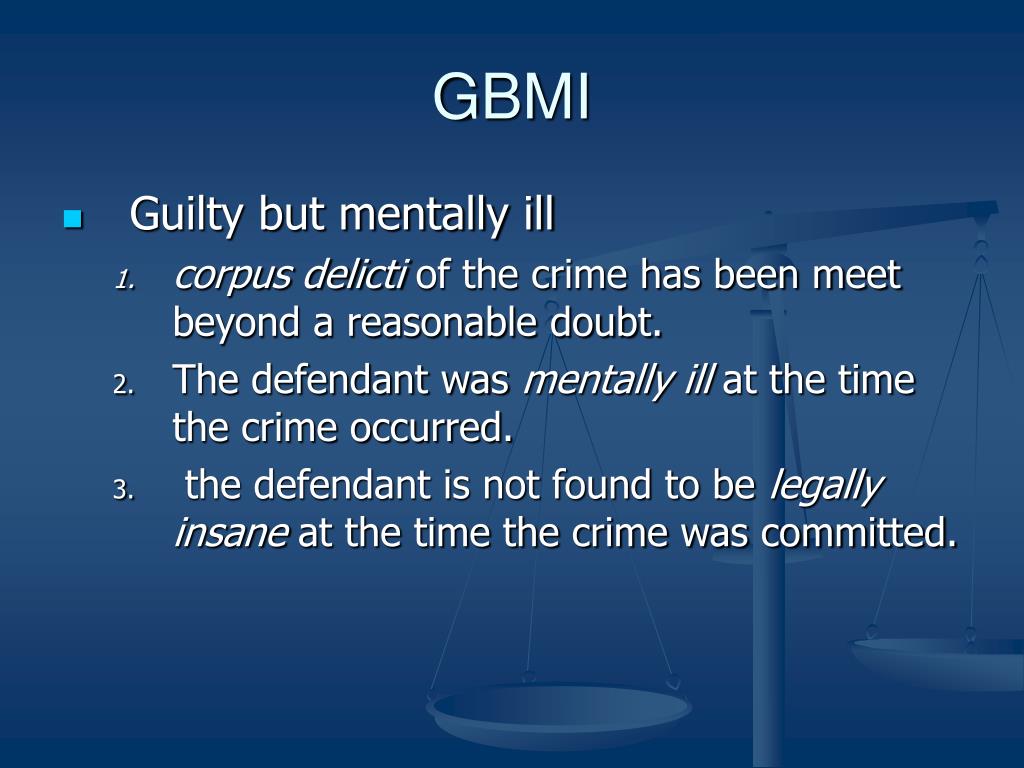
The custodian gives consent to the performance of all transactions by his ward with limited legal capacity, except for small household ones. He has the right, in the interests of the ward, to dispose of the funds paid for the maintenance of a person with limited capacity, that is, alimony, payments, pensions, and so on. The trustee has the right to dispose of income from the management of the property of the ward or his other means only with the consent of the guardianship authorities.
The trustee is not entitled to give consent to the sale, exchange, lease or any other transaction with the movable and immovable property of the ward, except in cases where the guardianship and guardianship authority gives consent to such transactions.
If the grounds on which the person was recognized as having limited legal capacity have disappeared, the guardian is obliged to petition the court to recognize the ward as capable and remove guardianship from him.
Rights and obligations of the guardian (addiction to alcohol, narcotic drugs, gambling)
The guardian consents to the performance of all transactions by his ward with limited legal capacity, except for small household ones.
The trustee has the right, in the interests of the ward, to dispose of the funds paid for the maintenance of a person with limited capacity, that is, alimony, payments, pensions, and so on. The trustee has the right to dispose of income from the management of the property of the ward or his other means only with the consent of the guardianship authorities.
The trustee is not entitled to give consent to the sale, exchange, lease or any other transaction with the movable and immovable property of the ward, except in cases where the guardianship and guardianship authority gives consent to such transactions.
If the grounds by virtue of which the person was recognized as having limited legal capacity have disappeared, the guardian is obliged to petition the court to recognize the ward as capable and remove guardianship from him.
"> rights and obligations.
What is the procedure for obtaining custody of a mentally ill person?
Legal advice > Civil law > What is the procedure for obtaining guardianship over a mentally ill person?
Few have heard of such a concept as the legal personality of a citizen.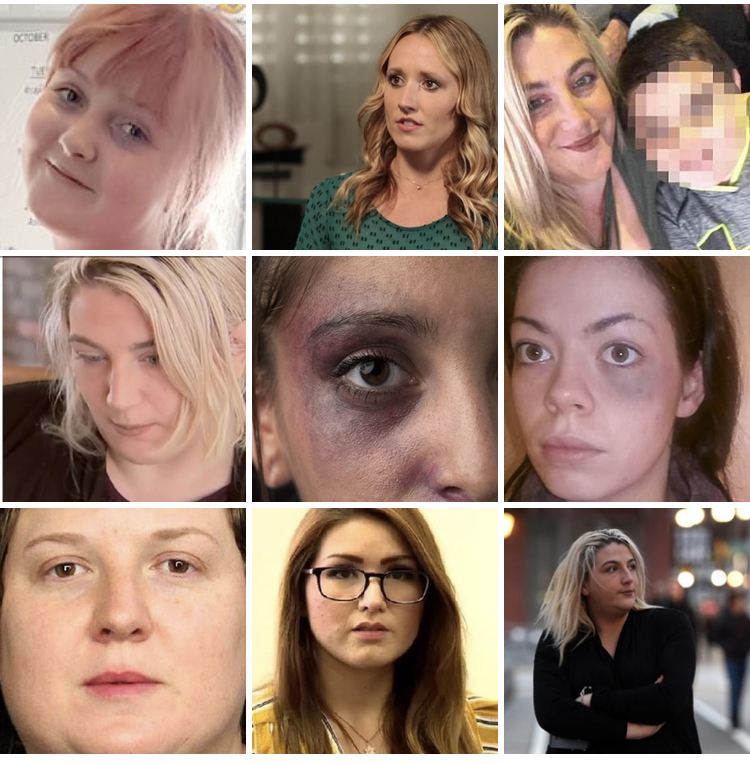 At first glance, a very incomprehensible and complex phrase. But this is only at first glance. This concept consists of two parts - legal capacity and capacity. The first means that citizens are fully aware of their rights and obligations. The second is the ability to exercise your rights and fulfill your obligations. But, unfortunately, in our society there are people who do not possess the property of legal personality. These include persons with significant mental disabilities who require permanent care.
At first glance, a very incomprehensible and complex phrase. But this is only at first glance. This concept consists of two parts - legal capacity and capacity. The first means that citizens are fully aware of their rights and obligations. The second is the ability to exercise your rights and fulfill your obligations. But, unfortunately, in our society there are people who do not possess the property of legal personality. These include persons with significant mental disabilities who require permanent care.
Contents:
- What are the criteria for assigning the status of a person incompetent and legally incompetent?
- What category of persons cannot be guardians for mentally ill people?
- What steps are required to obtain guardianship of a person with a mental illness?
- How does the court case proceed?
- What is the reward for guardianship of a mentally ill person?
What are the criteria for assigning the status of a person incompetent and legally incompetent?
Guardianship of a mentally ill person is not an easy task
In order to determine the need to appoint a guardian for a person with significant mental disorders, first of all, it is necessary to establish the fact of his incapacity and legal incompetence.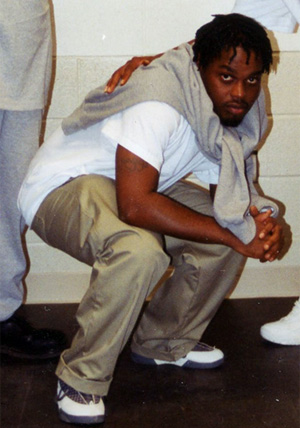 In a word, it is necessary to present evidence to the court that the patient is not aware of his actions and does not have the ability to control them. And only the court can decide on the appointment of a mentally ill guardian. The law defines a list of individuals and legal entities that have the right to apply to a judicial institution for the recognition of mental illness. These include:
In a word, it is necessary to present evidence to the court that the patient is not aware of his actions and does not have the ability to control them. And only the court can decide on the appointment of a mentally ill guardian. The law defines a list of individuals and legal entities that have the right to apply to a judicial institution for the recognition of mental illness. These include:
- Family members living with the patient.
- Close relatives, which include parents, sisters and brothers, and also children.
- State guardian organization.
- Clinic for people with mental disorders.
- Home for the Disabled
Thorough preparation is essential before going to court on this matter. Namely, to prepare the entire evidence base, in the form of documents from psychiatric hospitals, which must be attached to the application being submitted.
What category of persons cannot be guardians of mentally ill people?
Not everyone can become a guardian
In our state, the main document, which clearly indicates all the requirements for guardians, is the Civil and Family Codes. It is here that all the rights and obligations of guardians are clearly described. There is also a list of persons who do not have the right to engage in guardianship activities. These include:
It is here that all the rights and obligations of guardians are clearly described. There is also a list of persons who do not have the right to engage in guardianship activities. These include:
- Persons who abuse alcohol and drugs.
- Persons who have previously been removed from their duties as caregivers due to negligence or misconduct.
- Persons deprived of parental rights.
- Persons with serious health problems
This issue is described in more detail in paragraph 3 of Article 146 of the RF IC. This document states that when choosing a guardian, personal qualities, the ability to fulfill the obligations assumed, and also a personal attitude towards the patient are taken into account.
What steps are required to obtain guardianship of a person with a mental illness?
First of all, you need to obtain a certificate of incapacity of a person
The first step in this way is to file an application with a judicial institution for recognition of the incapacity of the person over whom guardianship is established. Here it is important to properly format such a document. Articles 29, 48 of the Civil Code of our country specify in detail how such an application should be filled out correctly. The second step in the process of obtaining guardianship over a mentally ill person is to contact a psychiatric dispensary with a question about appointing a guardian. To achieve this goal, the applicant must submit the following documents:
Here it is important to properly format such a document. Articles 29, 48 of the Civil Code of our country specify in detail how such an application should be filled out correctly. The second step in the process of obtaining guardianship over a mentally ill person is to contact a psychiatric dispensary with a question about appointing a guardian. To achieve this goal, the applicant must submit the following documents:
- Copies of the applicant's and the person's passport details.
- Extract from the house book for the applicant and the person who is being taken under guardianship.
- Bank accounts.
- Certificate from the Pension Fund, which should indicate the amount of the sick person's pension.
- A document from VTK confirming the disability group.
- Duplicate of the decision of the court on recognition of incapacity.
- Copies of documents for the right to own real estate for patients.
- Certificate of income of the applicant, drawn up on the form of form 2 of the personal income tax.

- Characteristics from the place of work.
- The result of the medical examination by the applicant.
- Extract from the internal affairs bodies, confirming the absence of a criminal record.
- Written agreement on guardianship with other close relatives.
How does the court case proceed?
Conducting a forensic medical examination is a prerequisite
A forensic psychiatric examination is ordered at the very beginning of a trial to establish a mental illness. In case of ignoring it, then it can be appointed forcibly, by placing a citizen who they want to recognize as incapacitated in a psychiatric clinic. The law establishes that this person has the full right to be present at the court session in order to express his arguments, and may also present his lawyer to the court in order to protect his interests. In the case when a citizen, for health reasons, cannot arrive at the trial, the court must go to him in a medical institution and hold a meeting there, on the spot. The following persons must also participate in the incapacitation proceedings:
The following persons must also participate in the incapacitation proceedings:
- The person who submitted the application.
- An employee of the prosecutor's office.
- Representative from the public guardianship agency
At the beginning of the meeting, the arguments of the applicant himself, the representative of the prosecutor's office and the public guardianship agency should be heard. Then the court considers the evidence base presented to it for consideration, in the form of the results of an examination and medical research. In addition to everything, witnesses may be invited to the meeting, for example, close relatives of a mentally ill person, as well as a psychiatrist who conducted the examination. The term for consideration of such a case should not exceed 3 months.
What is the reward for guardianship of a mentally ill person?
It is worth knowing that, by law, a guardian cannot be an heir to the property of a person with mental disabilities.

